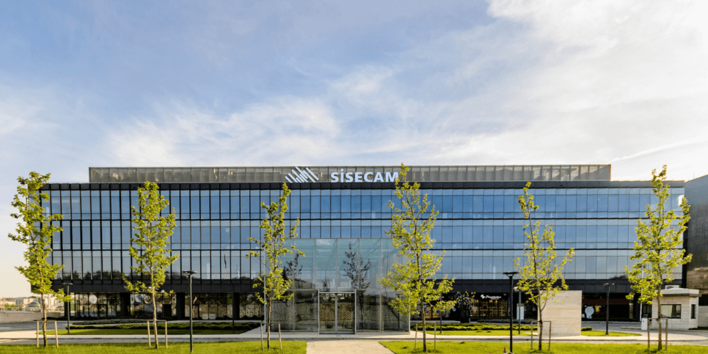Danish roof window manufacturer Velux and German renewables developer BayWa r.e. will be working together in future to supply 100 per cent of the European operations of the manufacturer with electricity from renewable energy sources by 2024. Power purchase agreements (PPAs) are being used to drive the development of two new solar parks in southern Spain. One of these, the Alhendín Solar Park near Granada, will include an innovative agri-PV system that allows crops to be grown between the solar panels.
More renewable energy on the grid
The two plants, which will be connected to the grid in 2023 and 2024, will generate 167 gigawatt hours of green electricity annually, which is equivalent to the electricity consumption of around 45,000 European households. 80 per cent of the electricity generated will be supplied directly to Velux, with the remaining share fed into the grid. The new PPAs will reduce Velux's carbon footprint from its European operations by approximately 40,000 tonnes of CO2 equivalents annually.
Lighthouse project for nature and society
Ten per cent of the Alhendín solar park is used as an agri-PV system - a new solar application that combines food production and energy generation. BayWa r.e. is a pioneer in this field. To ensure that farming can continue, this plant was specially designed with higher module rows and greater spacing. This allows modern agricultural machinery to drive between the module rows, as in this case for grain production. The PV modules are also used to collect rainwater, which will help farmers manage ongoing risks from climate change and drought in a very dry area, and also stimulate the water-energy-food nexus.
See also: An alpine hut like a pinnacle
The PPAs are pioneering for nature and the environment and represent a concept of enabling solar energy production in harmony with nature and the local population. The development of the two solar parks will be accompanied by a detailed timetable and a series of community and environmental measures that will enhance regional biodiversity and encourage local community participation.
Supporting the achievement of Velux's climate targets
To ensure that the solar parks always benefit the environment and take into account neighbouring communities, BayWa r.e. will form an interdisciplinary research group in collaboration with nearby universities such as the Universidad Autónoma de Madrid and the Universidad de Córdoba, the results of which will be incorporated into a comprehensive and tailored site strategy.
Also interesting: Why would an insulating glass window suddenly break after 27 years?
Once operational, the two solar parks will enable Velux to reduce emissions from the roof window manufacturer's operating activities by 100 per cent by 2030.













